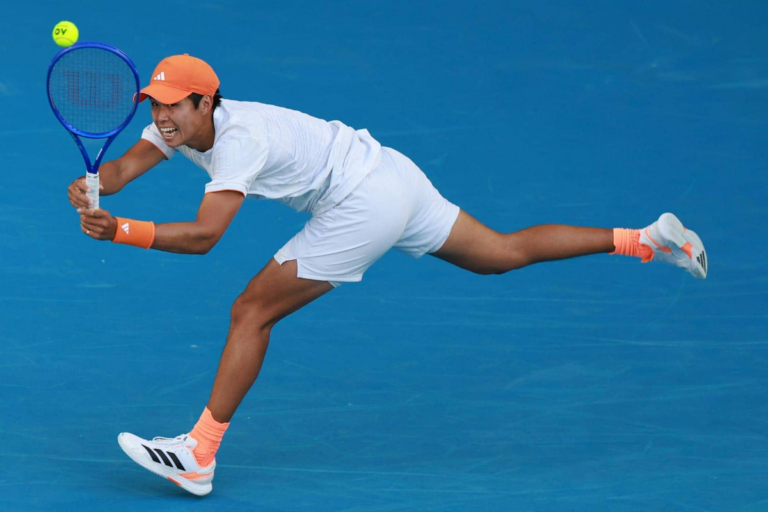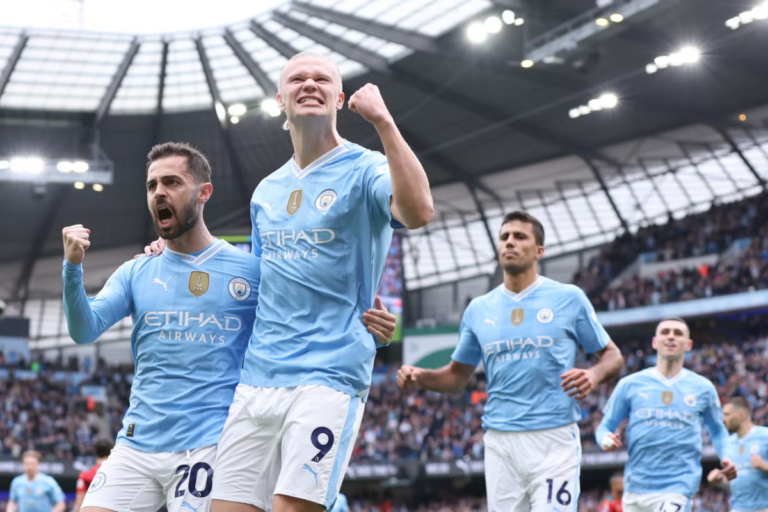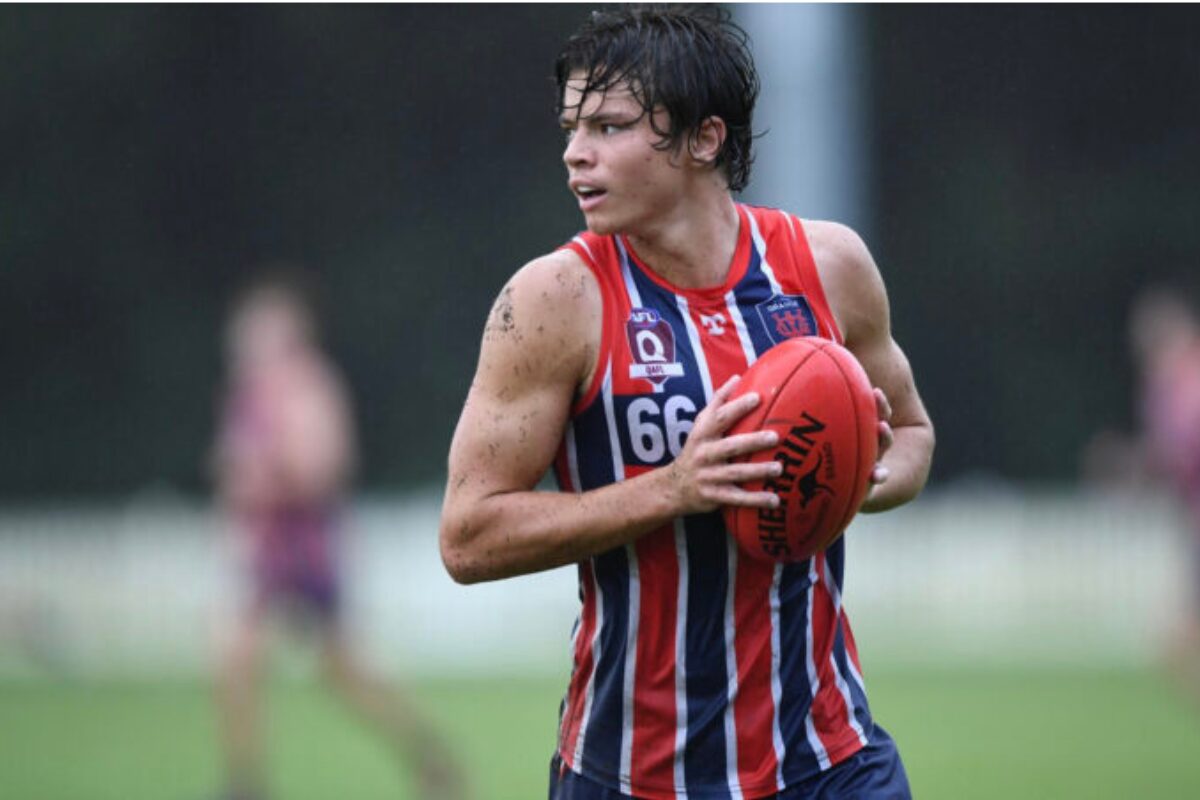
When a professional athlete is suspended for doping or misconduct, the punishment rarely ends with missing games. Brands retreat, public trust erodes, and post-career plans shift. The AFL’s recent integrity cases — from Rhys Mathieson’s steroid suspension to Joel Smith’s four-year ban — reveal how reputations can change overnight. In this landscape, legacy and liability often trade places (AFL former player banned).
The branding risk: AFL former player banned

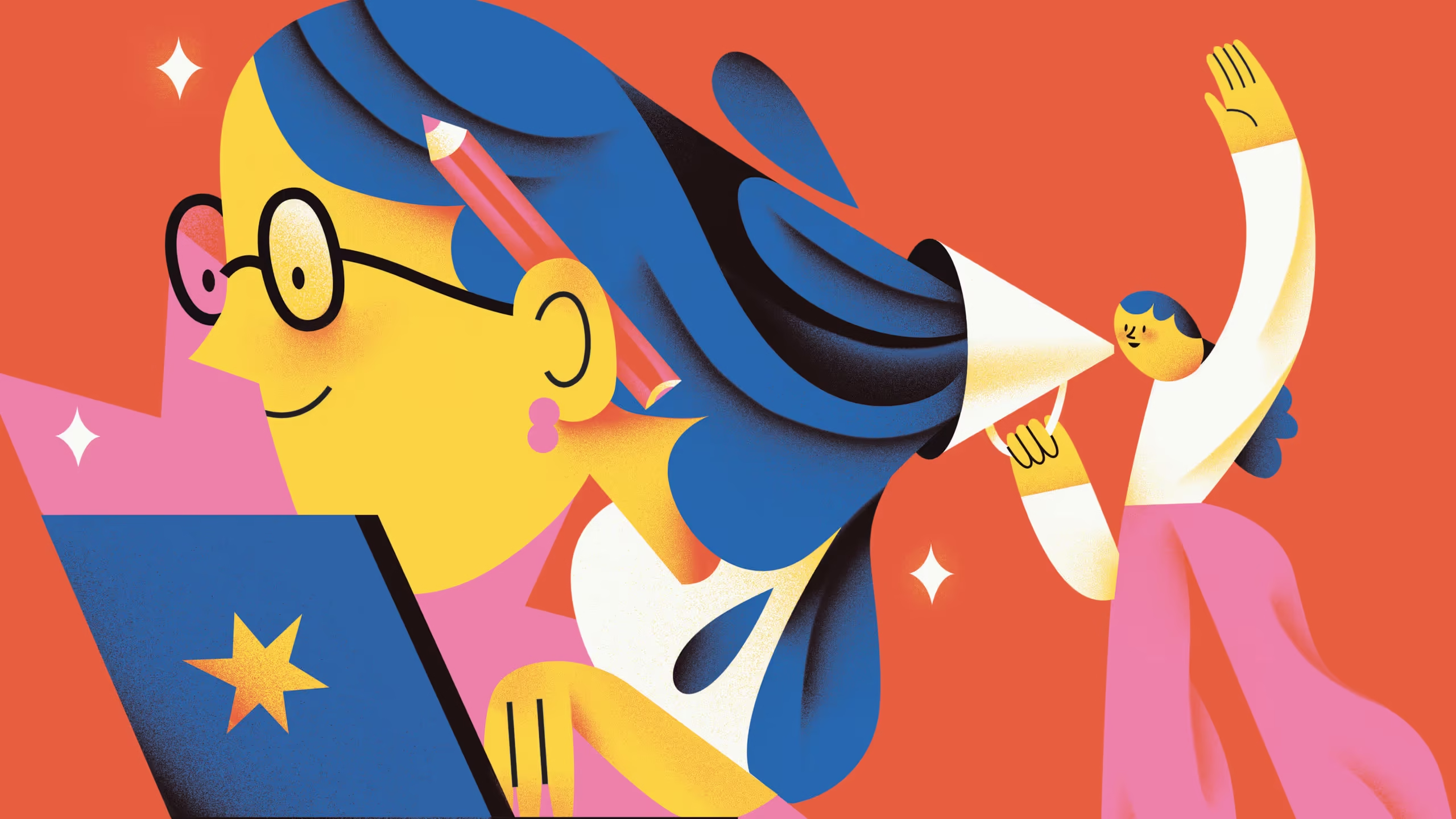
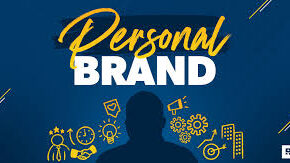
Sponsorship is built on alignment and trust. Companies back athletes who reflect their values: discipline, health, authenticity. When a ban occurs, that alignment breaks. Therefore, most brands act quickly. They pause deals, remove content, and issue statements to protect image. Even if an athlete’s misconduct is personal rather than performance-related, the association can still damage perception. Sponsors aren’t just paying for visibility — they’re buying credibility. Once integrity is questioned, investment feels risky. For athletes, this loss is often greater than lost salary.
Case study – Mathieson’s social-media profile vs ban outcome
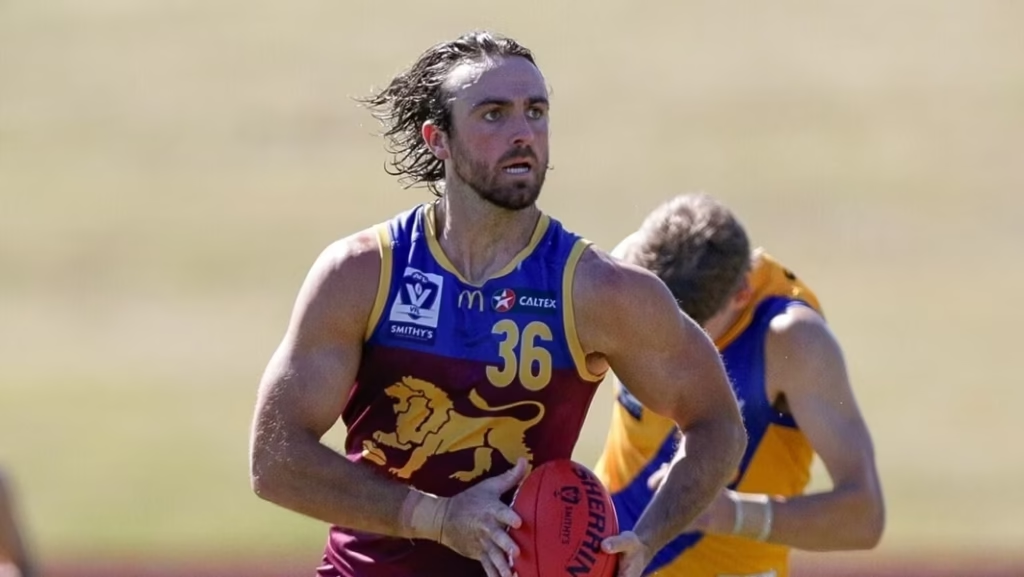
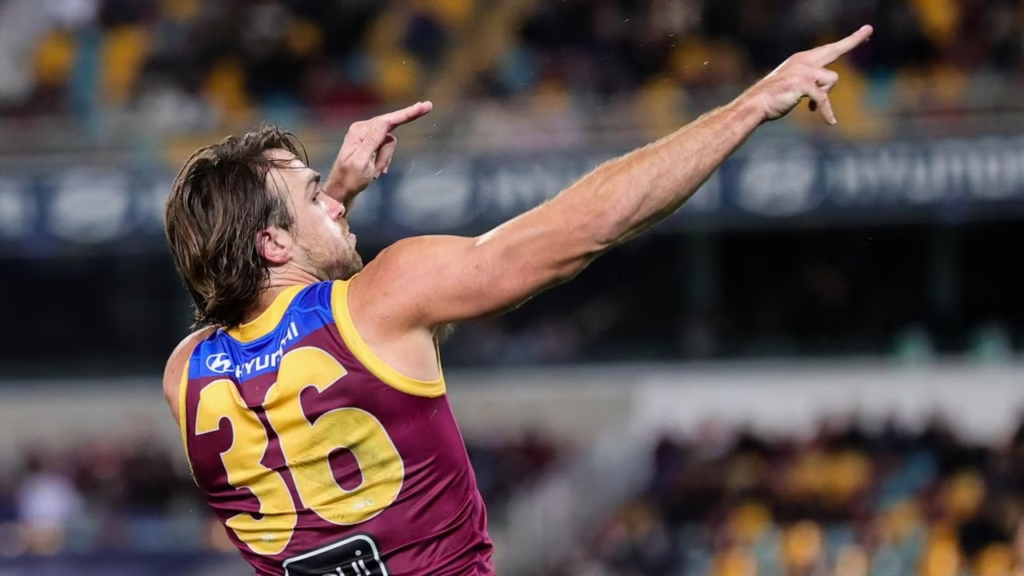
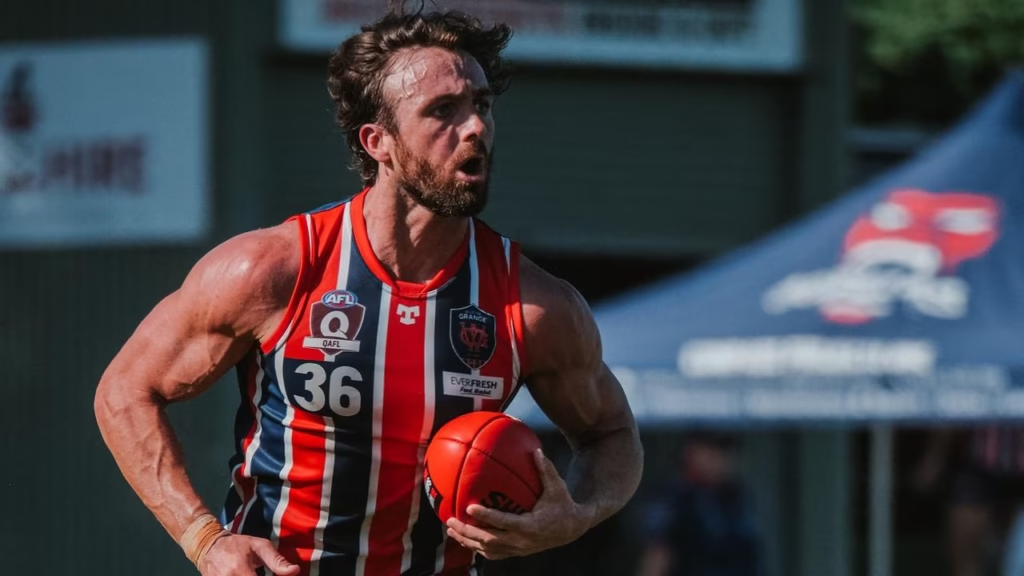
Rhys Mathieson, once known as “Beast Mode,” built an online following through gym content and physique updates. His transformation earned attention — and later, scrutiny. After testing positive for oxymetholone, a banned anabolic steroid 【News.com.au】, his social-media credibility shifted instantly. Followers questioned authenticity, and brand interest cooled. While Mathieson remains active in the fitness and bodybuilding community, rebuilding trust will take time. Transparency, accountability, and consistent messaging are now essential for any comeback.
Ex-AFL player faces mega ban over performance-enhancing drugs
A former AFL player has been banned from playing football at any level after testing positive to performance-enhancing substances. Full context, reaction, and what it means for his future.
AFL former player banned: Other AFL cases and brand fallout
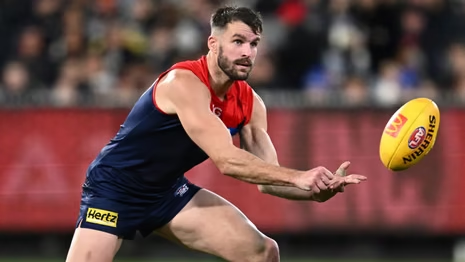
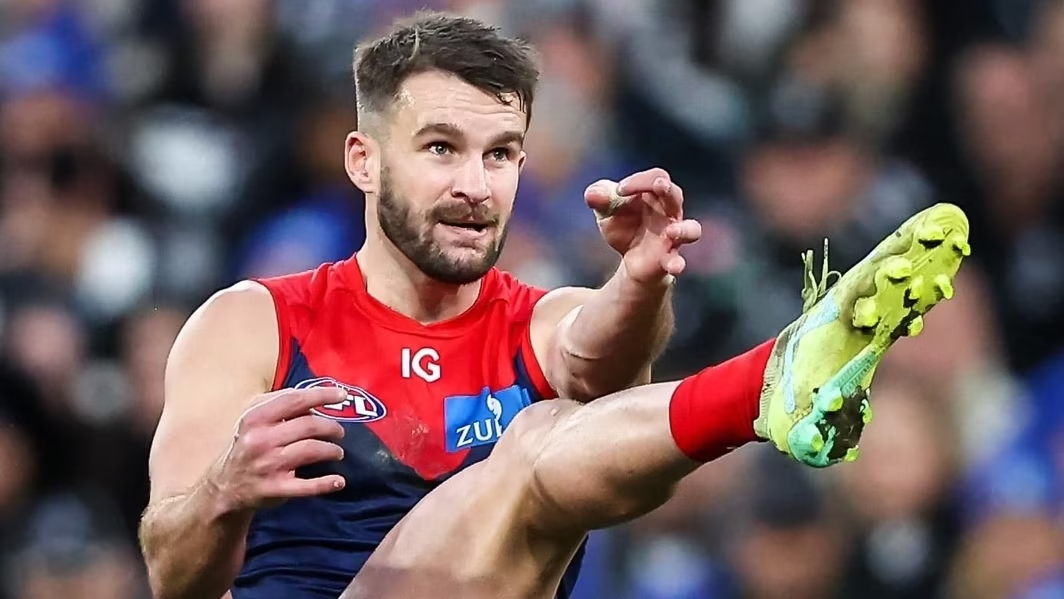
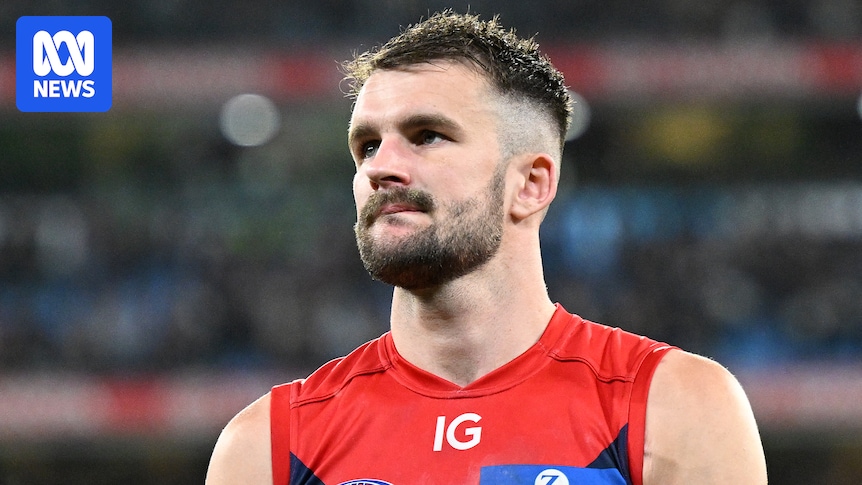
Mathieson’s isn’t the only example. Joel Smith of Melbourne FC received a four-year suspension for testing positive to cocaine and facing trafficking allegations. His case shows a harsher outcome — career termination and uncertain future. Sponsorships vanished immediately, and public discourse framed the incident as both legal and ethical failure. These two cases, though different in context, share one truth: bans destroy predictability. Once trust breaks, rebuilding becomes a long-term project, not a PR campaign.
Post-ban career paths – AFL former player banned
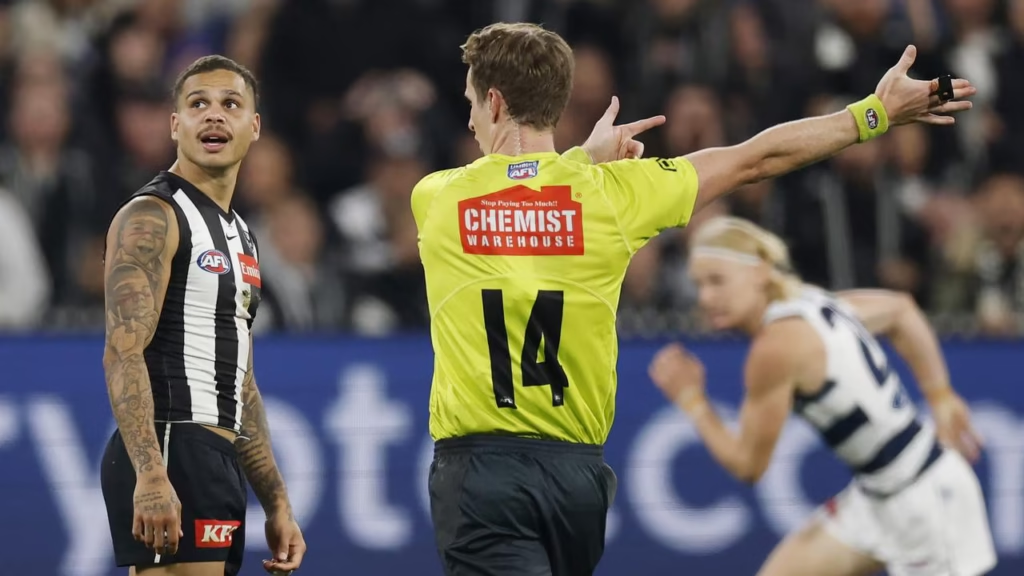
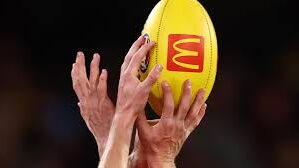
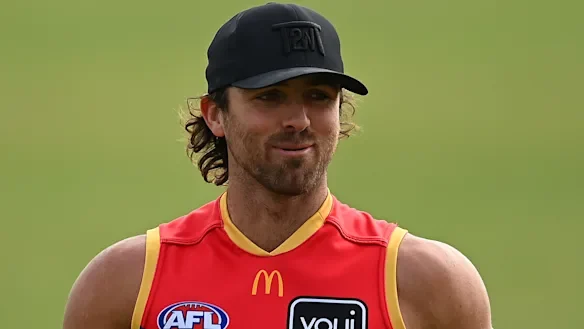
Not every athlete fades. Some pivot. Coaching, strength and conditioning, or sports media can become viable second acts if integrity is restored. However, transition success depends on timing and humility. Athletes who take accountability early often re-enter sport through mentoring or education roles. Those who deny wrongdoing usually lose relevance altogether.
Outside sport, fitness entrepreneurship — online coaching or apparel — offers recovery potential, but audiences today demand honesty over image. Therefore, credibility becomes the currency of comeback.
How athletes can rehabilitate their brand and salvage legacy – AFL former player banned
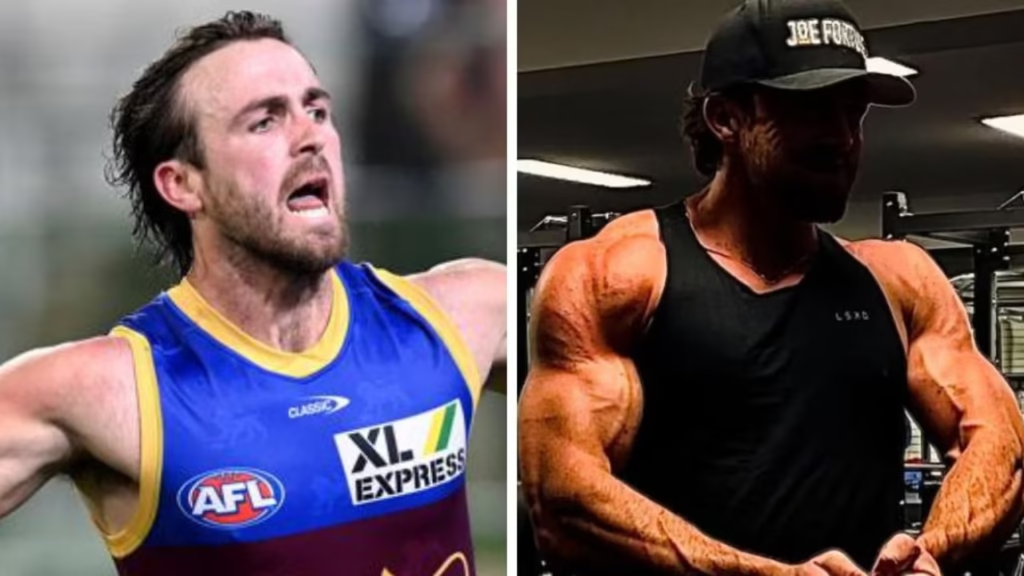
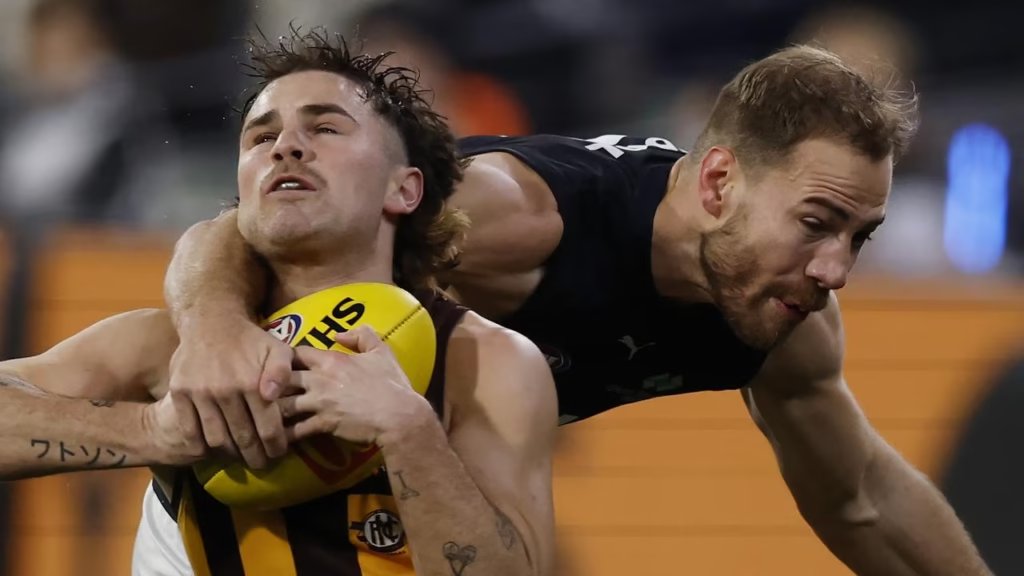
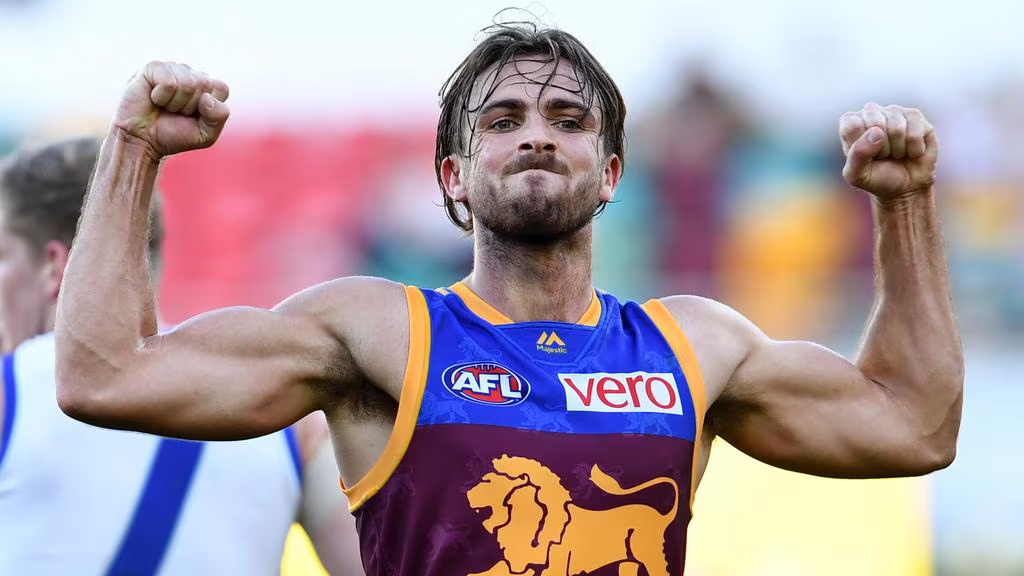
A comeback starts with accountability, not excuses. Public apologies must be supported by consistent action — charity work, education advocacy, or mentoring young players. Athletes should also rebuild their digital presence carefully. Social media can accelerate recovery if it communicates sincerity and progress rather than defensiveness. Finally, collaboration with integrity organisations or mental-health programs demonstrates growth. When genuine rehabilitation occurs, even brands sometimes return — slowly but meaningfully.
AFL Integrity Cases and Brand Impact
| Athlete | Ban Reason | Sponsorship / Brand Impact | Post-Ban Path |
|---|---|---|---|
| Rhys Mathieson News.com.au | Anabolic steroid positive | Social-media presence likely reduced | Still active in bodybuilding scene |
| Joel Smith News.com.au | Cocaine positive + trafficking | Career effectively ended | Unknown |
A ban doesn’t just stop an athlete playing — it rewrites their entire trajectory. Some manage to reshape their story through honesty and contribution; others vanish from relevance.
In today’s AFL ecosystem, legacy depends as much on conduct off the field as performance on it. For sponsors, clubs, and fans, redemption remains possible — but only when athletes confront, not conceal, the truth.


